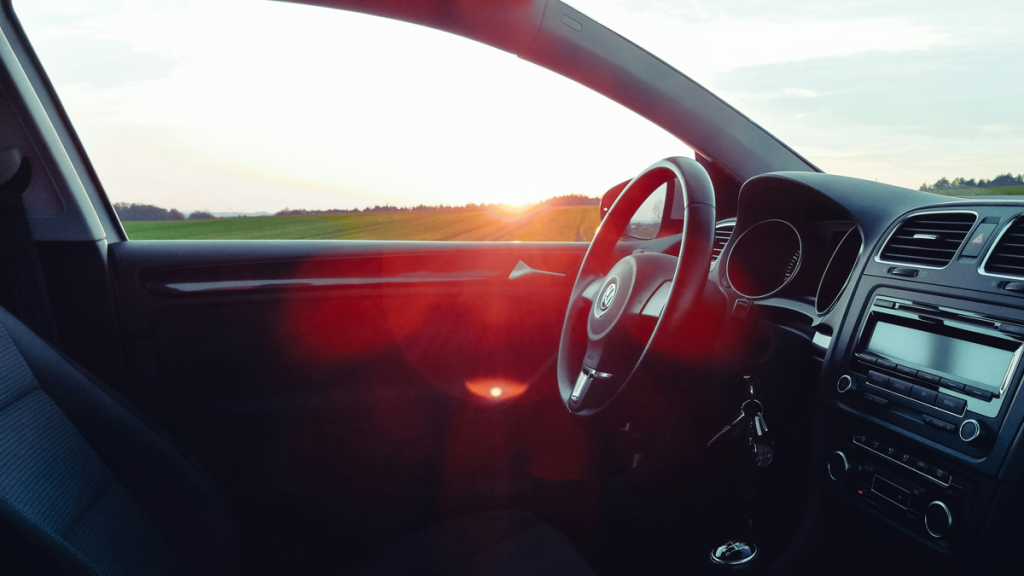Photo Credit: Julian Hochgesang
A new survey finds AM radio is still present in 98% of car dashboards, while FM radio is present in 100%.
Car tech research company Quu has released its inaugural 2024 In-Vehicle Visuals Report, which examines the prevalence of radio in the top 100 best-selling new American vehicles. The pro-radio company vows to “identify our strengths and weaknesses” with so much audio available in our cars.
According to the report, FM radio is represented in 100% of these vehicles, while AM radio maintains an impressive 98% prevalence. That’s more than SiriusXM, which claims 92%. The two leading phone interfaces, Android Auto and Apple CarPlay, each claim 98% — most Americans have access to one or the other.
Interestingly, while it’s notable that AM radio still retains such a strong presence in newer vehicles, AM/FM no longer possess a “dashboard monopoly.” An increasing number of vehicles offer their own built-in music and radio streaming apps, and two out of three new vehicles come equipped with HD radio like SiriusXM.
GM vehicles are an exception to the widespread adoption of HD radio; only Cadillacs come with standardized HD radio. That’s about one in five cars, according to Quu’s data.
But that means that “the dash is crowded,” with multiple radio options vying for the driver’s attention. “AM/FM radio stations need to drive home their value proposition to listeners who have several other choices at the touch of a button,” says Quu.
That said, the value of AM radio during times of emergency cannot be overstated. And in the wake of devastating hurricanes like Helene and Milton, Attorneys General from numerous states — including South Dakota, South Carolina, Arkansas, Florida, Indiana, Iowa, Louisiana, Mississippi, Montana, Texas, Utah, and West Virginia — are stressing the importance of ubiquitous AM radio, urging Congress to pass the AM Radio For Every Vehicle Act.
Lawmakers in favor of the bill have noted that the Federal Emergency Management Agency (FEMA) has spent millions solidifying the Emergency Alert System with AM radio, making it the backbone of information sharing in the face of emergency.

